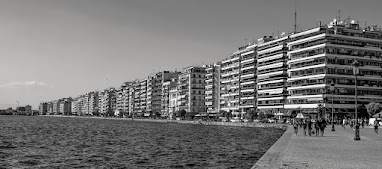Greek Trategy And Opera
Οpera was born at the end of the 16th century in Florence, by a group of scholars who sought ways of presenting a stage work according to the model of ancient Greek tragedy. The people of the Renaissance knew the theories about ancient Greek music from the writings of Cassiodorus, the Auxiliary and the Dictionary of Sweden, translated in 1499 by Halkokondylis in Milan. Among other things, his admiration for ancient art was expressed by Julio Catsini, composer of "Eurydice", one of the first operas. Familiarity with Greek thought reasonably led him to the myth of Orpheus, the Thracian poems that are identified with music.
Very soon, each Italian city developed its own response to the challenge of the new performing arts, based on its musical culture. In Venice, the madrigal opera was developed, where polyphonic songs narrated a plot performed with a pantomime. In the Rome of the popes, sacred dramas and oratorios developed. In the meantime, the opera exceeded the limits of the court spectacle, to become the property of more and more people. In 1637 in Venice the Tron Theater of the parish of Ag. Cassianou, the first public opera house in the history of Western civilization. Seventeen years later the Theater of the Savior was built in Munich, the first autonomous (i.e. without dependence on a courtyard) opera house in Germany. For Venice, Naples and Rome, opera has emerged as one of the most powerful exportable products. Italian composers dominated all European capitals.




Σχόλια
Δημοσίευση σχολίου